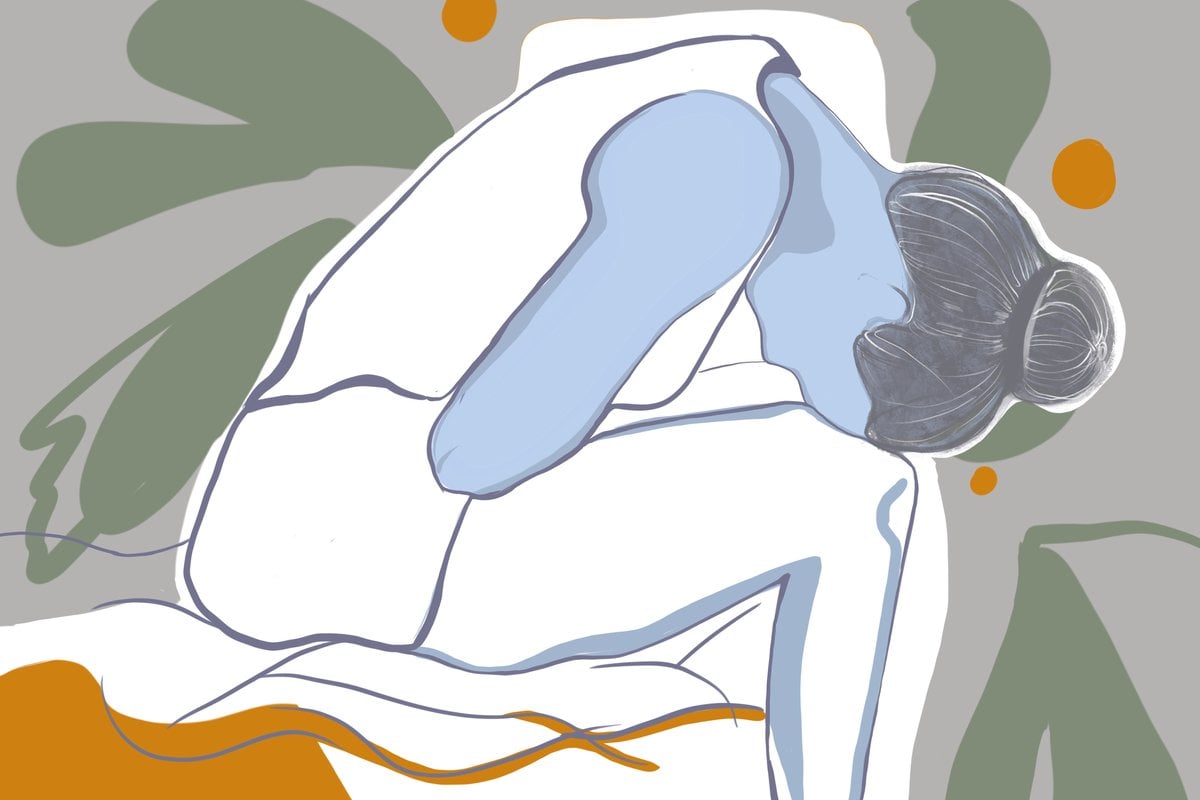
A few weeks ago, an ultrasound technician told me in a fairly unceremonious way that there was no baby on his scan. There was a yolk sac, but no heartbeat and no eight-week-old bub.
The appointment had started an hour late, with questions revealing that my file hadn’t been reviewed - hopeful questions like, 'Is it all going well?' and 'How are you feeling?'
I’d spent 10 days waiting for this, feeling nauseous and not knowing if that was my pregnancy or anxiety. My first dating scan had thrown up uncertainty, so I had to wait to see if there was an issue or if my dates were just out - something I’d experienced with my daughter.
Watch: A tribute to the babies we've lost. Post continues after video.
I had begun to reason and rationalise, reading up on all things miscarriage - the statistics, management options, and real-life stories. But when the moment came, I was devastated. A crushing tidal wave of grief washed over me.
This was just the beginning, and it was a small indicator of what was to come.
As a busy mum working in communications, I have a natural inclination towards organisation and action. So, I quickly set out 'planning' the rest of my miscarriage.
I acknowledge that I’m privileged and lucky to have great support. I talked to my GP immediately, attended my appointment at the Early Pregnancy Assessment Service (EPAS) within 36 hours, and scheduled a D&C - my choice for my body and mental health.




























































































